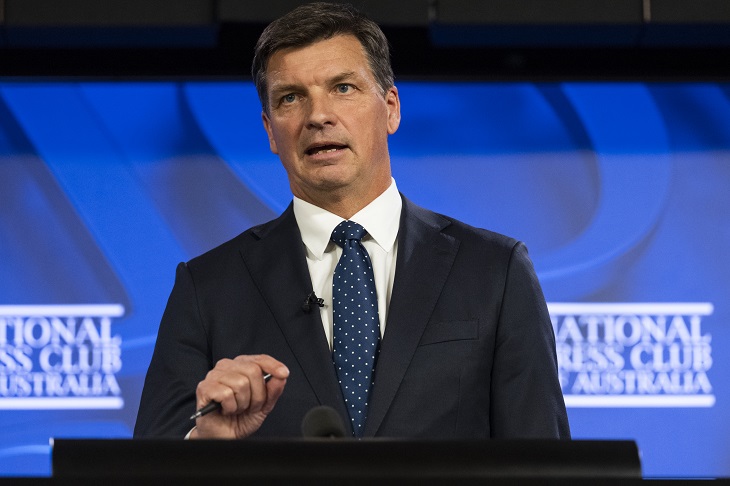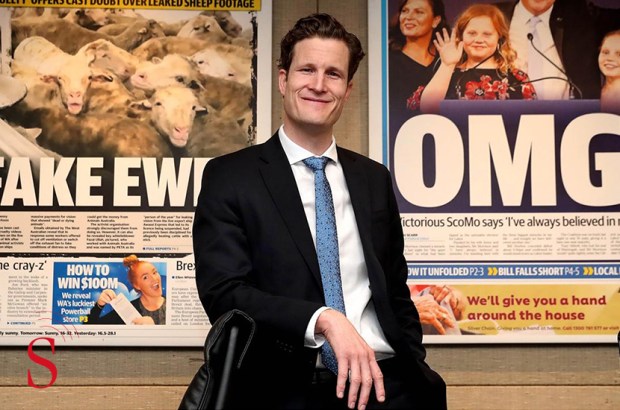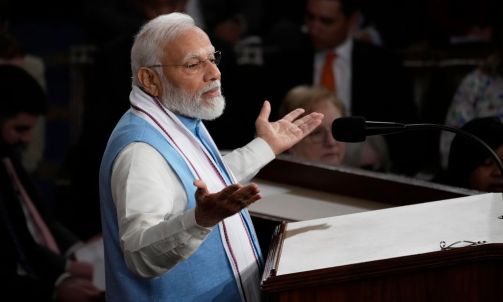‘To be judged on the content of our character and not the colour of our skin’ – that was one of the dreams of the great Martin Luther King Jr. We have progressed a great deal since MLK delivered his famous speech, yet in many respects, it seems we’ve made no progress at all – and ironically, the progressive-left is more often than not to blame.
So it was refreshing to observe last month that Australia’s shadow federal Treasurer Angus Taylor ruled-out gender quotas in the Liberal Party.
Already a subscriber? Log in
Get 10 issues
for $10
Subscribe to The Spectator Australia today for the next 10 magazine issues, plus full online access, for just $10.
- Delivery of the weekly magazine
- Unlimited access to spectator.com.au and app
- Spectator podcasts and newsletters
- Full access to spectator.co.uk


























Comments
Don't miss out
Join the conversation with other Spectator Australia readers. Subscribe to leave a comment.
SUBSCRIBEAlready a subscriber? Log in